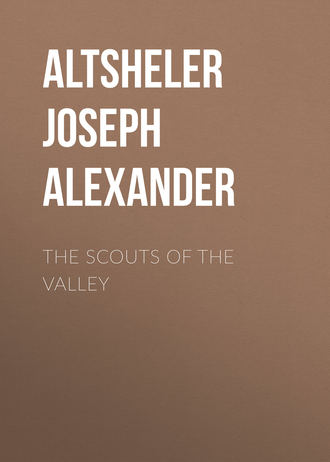The Scouts of the Valley
 полная версия
полная версияThe Scouts of the Valley
Жанр: зарубежные детские книгикниги о войнезарубежная классиказарубежная старинная литературасерьезное чтениеоб истории серьезно
Язык: Английский
Год издания: 2018
Добавлена:
Настройки чтения
Размер шрифта
Высота строк
Поля









